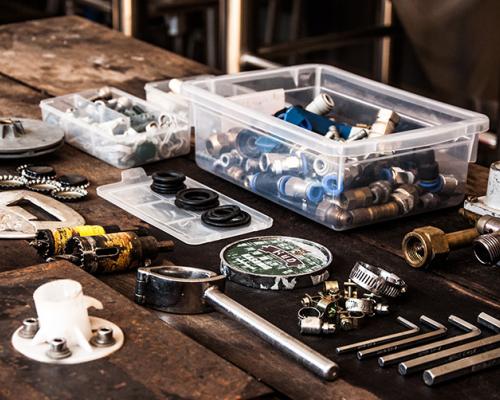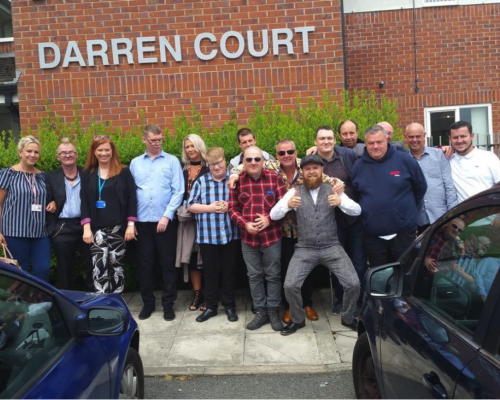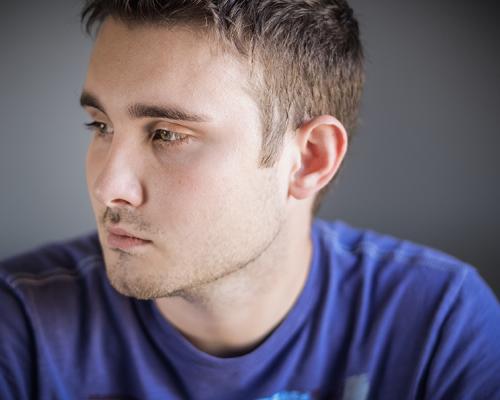Education
What makes a good teacher? Rather than imposing new information on unreceptive minds, a good teacher first of all enters their pupils’ mental worlds to discover what they already know, then, from that, finds ways to build on new knowledge and/or skills, thus expanding the learner's model of reality. In other words, what is already in them has to be drawn out and extended.
It is through this subtle attention exchange process, which is very different from rote learning and conditioning, that a child's mind is best prepared for the world.
If real teaching is to take place, there is no other way. All children have an innate need to be stretched and enabled to perceive more of reality. It is a psychological law of nature.
That is why, when factors in children's home environments are preventing them developing well (such as emotional or physical violence; insufficient adult attention, resulting in insufficient opportunities to be mentally and physically healthily stretched; or having their attention span attenuated by watching too much TV, scrolling through social media or endlessly playing computer games*) they will need additional psychological help before they can develop the spare capacity to learn.
This ancient insight applies as much to teaching struggling adults as it does to teaching children and is reflected in effective counselling and psychotherapy. Counselling for emotional distress and behaviour problems is, after all, a specialist form of education.
Both children and therapy clients fail to learn/fulfil their potential if they lack the capacity to do so because essential needs are not being met outside the school or therapy room. That always has to be addressed when anyone shows problem behaviour.
Mental health practitioners and teachers also need to ensure they have enough spare capacity themselves to help and/or teach others, by meeting their own essential needs healthily elsewhere.
Further learning
Continue learning about education and children's wellbeing with Human Givens College...
- How to work effectively with troubled teenagers (Live online workshop)
- How to reduce anxiety in students and young people (Online webinar)
- How to tell stories that heal – master the art of therapeutic storytelling (UK based 1-day workshop)
- How to create healing stories for distressed children (Live online workshop)
- How to support teenagers through the stress of starting university life (online webinar)
- How to help young people who self-harm (Live online webinar)
- Understanding and treating anxiety in children and teens (Live online workshop)
Also see:
> How the human givens approach informed a school for autistic children
Explore our articles and interviews
Latest Tweets:
Tweets by humangivensLatest News:
HG practitioner participates in global congress
HG practitioner Felicity Jaffrey, who lives and works in Egypt, received the extraordinary honour of being invited to speak at Egypt’s hugely prestigious Global Congress on Population, Health and Human Development (PHDC24) in Cairo in October.
SCoPEd - latest update
The six SCoPEd partners have published their latest update on the important work currently underway with regards to the SCoPEd framework implementation, governance and impact assessment.
Date posted: 14/02/2024












